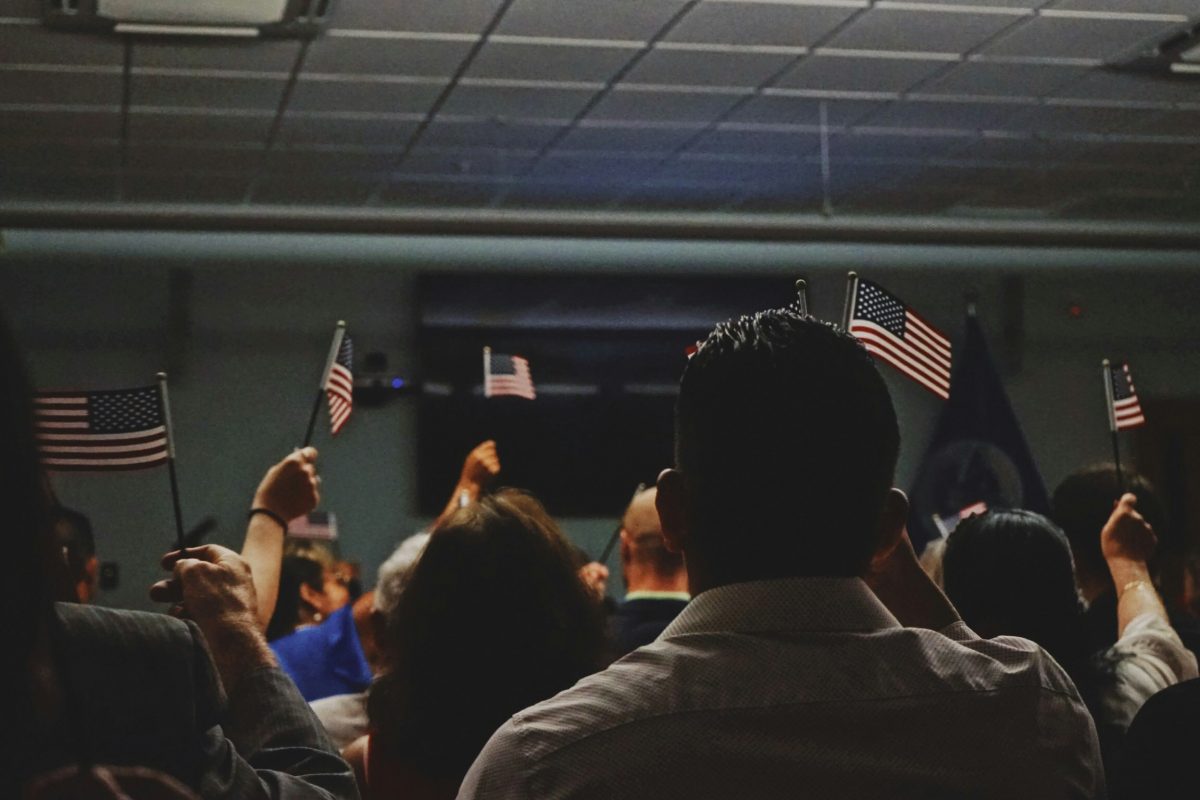A local nonprofit is working to increase awareness of the services they offer for immigrants as promises made by Governor Bill Lee may soon come to fruition – with harmful consequences.
Earlier this week the governor called for a special session of the Tennessee General Assembly on January 27 to discuss a number of topics such as illegal immigration. Officials said this is to prepare for the implementation of policies introduced by the incoming Trump administration.
“The American people elected President Trump with a mandate to enforce immigration laws and protect our communities, and Tennessee must have the resources ready to support the Administration on Day One,” a statement from Lee’s office said.
Prior to this announcement, Lee said he would work with state law enforcement agencies to conduct deportations. He also signed a statement along with 25 other Republican governors announcing their commitment to the Trump administration’s effort to deport what they referred to as “illegal immigrants who pose a threat to our communities and national security” and “dangerous criminals, gang members, and terrorists.”
“We understand the direct threat these criminal illegal immigrants pose to public safety and our national security, and we will do everything in our power to assist in removing them from our communities,” the statement added.
Casey Bryant, the executive director and founder for Advocates for Immigrant Rights is making sure that the community is aware of the resources available to them in light of these threats.
“The real danger in that is creating a police state where someone who looks suspicious in some way to someone could be wrapped up in a system that doesn’t grant basic due process rights to people,” Bryant said. “It doesn’t just make this world more dangerous and insecure for people who are non-citizens, but it makes it more dangerous and insecure for people who look like non-citizens — whatever that means.”
When policies like these, which rely on visual identification, Bryant added they end up “degrading the rights of the whole.”
Bryant started Advocates for Immigrant Rights in October 2018, after realizing the gap in resources for immigrants given the landscape that the previous Trump administration created. The organization has evolved from a two-people operation to one with 17 staff members, including five staff attorneys – three of which are located in Memphis. Bryant and her team represent people in immigration courts and immigration offices across Tennessee, Arkansas, and Mississippi.
Advocates for Immigrant Rights also provides wraparound services such as social services.
Bryant said that this increased vigilance could also lead to resources having an increased workload such as the facilities needed to process and hold noncitizens if they’ve been detained. These include the U.S. Immigration and Customs Enforcement (ICE) facilities along with places in between arriving there.
She added that immigration courts that already have an “immense” backlog of cases could be affected.
“Adding more cases to that means that they won’t get processed for like 10 years,” Bryant said. “It puts people in a state of limbo for a long time, and it’s just impracticable. In the meantime it creates fear and suspicion in communities and non-citizens aren’t going to be able to engage confidently in society.”
In hopes of helping immigrants engage in society confidently, Bryant and her team make sure to stay visible in these communities as well.
“Our relationship isn’t just moored in a service provision,” Bryant said. “Even if our interactions are only transactional, each interaction has the same mentality that we’re not above them. We’re not sitting in an ivory tower. We’re just people wearing jeans and a t-shirt interacting with people who may not know what we know, but obviously they know other stuff, so we try to build rapport and confidence.”
Bryant stressed that there are way more people who need their services, than those who can provide. As a result Bryant encourages people to donate to their organization as they are a nonprofit.
“Another thing individual people can do is acknowledge the shared humanity and dignity of our neighbors who may not have the same kind of privilege to have been born in our country and take it for granted,” Bryant said. “Non-citizens have to know more than we do before they get to be a citizen.”
It’s extremely important to refute ill-informed rhetoric that can be spewed by media outlets and “mouths at family dinner tables.”
“We have a community here that has to deal with different issues and being more understanding of what those issues are will help us unite as a people,” Bryant said.
